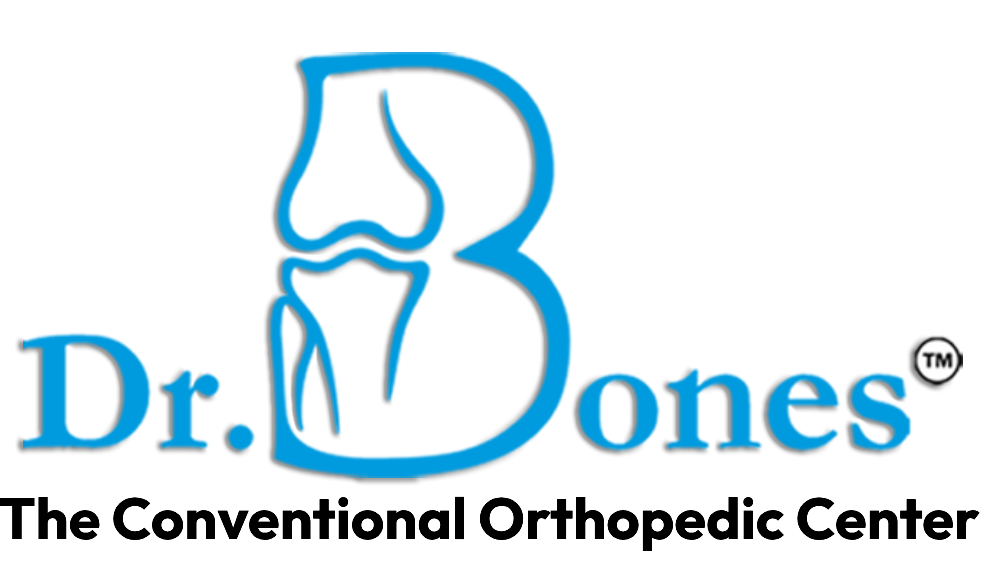Delivering world class medical care
The Anterior Cruciate Ligament (ACL) is one of the key ligaments in the knee that helps stabilize the joint during movement. It is often torn during sports or high-impact activities, especially when twisting, sudden stops, or directional changes are involved. At Dr. Bones Ortho, we specialize in ACL reconstruction surgery using the latest techniques and rehabilitation protocols to help patients regain full function, strength, and confidence in their knees.
When is ACL Reconstruction Needed?
An ACL tear often leads to:
Knee instability
Popping or clicking sensation
Swelling and pain
Difficulty walking, running, or pivoting
Giving way of the knee during physical activities
ACL reconstruction is typically recommended for:
Athletes wanting to return to sports
Active individuals experiencing instability
Patients with associated knee injuries (meniscus tear, cartilage damage)
Advanced Surgical Techniques
At Dr. Bones Ortho, we perform minimally invasive arthroscopic ACL reconstruction using:
✅ Autografts (using the patient’s own tendon—hamstring, patellar, or quadriceps tendon)
✅ Allografts (donor tissue in select cases)
✅ Anatomical tunnel placement for precise ligament positioning
✅ High-strength bio-compatible implants and fixation devices
✅ Accelerated recovery protocols
Our goal is not only to reconstruct the ligament but also to restore the natural biomechanics of the knee.
Benefits of ACL Reconstruction
Improved knee stability and function
Restored confidence in movement
Prevention of further joint damage
Return to sports and daily activities
Lower risk of arthritis from untreated ACL tears
Post-Surgical Recovery and Rehabilitation
A successful ACL reconstruction depends on structured and supervised rehabilitation. At Dr. Bones Ortho, we provide:
Personalized physiotherapy plans from day one
Strength and proprioception training
Regular follow-up assessments
Safe return-to-sport guidelines
Full recovery typically takes 6–9 months, but patients often begin walking within a few weeks.

